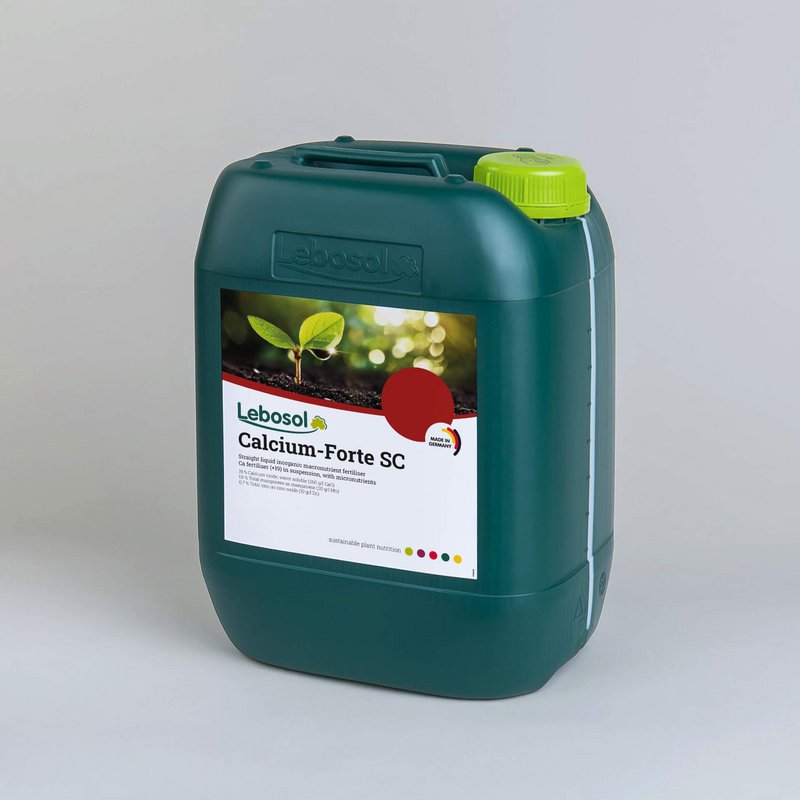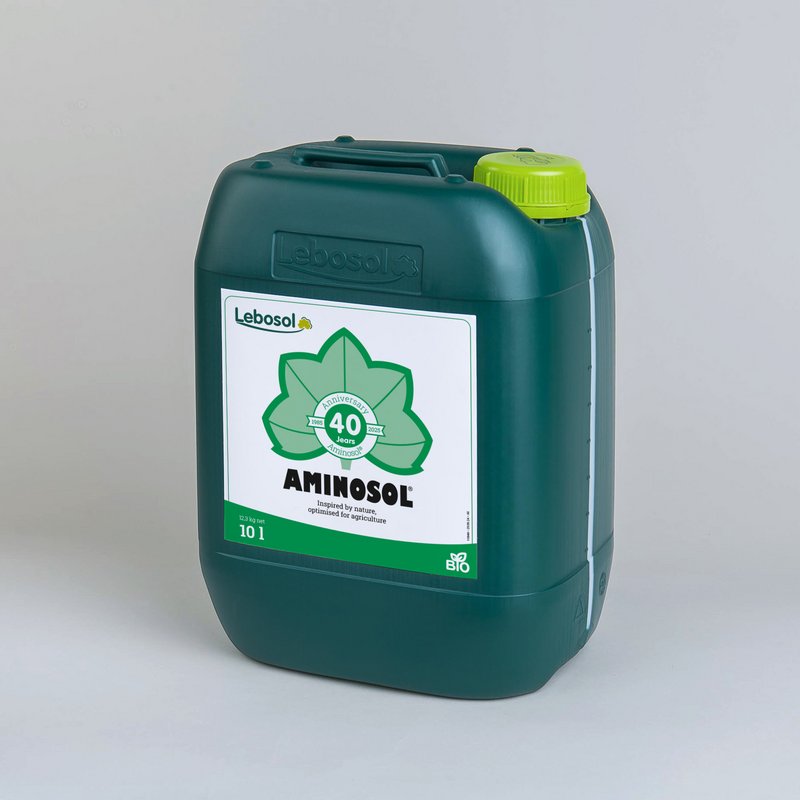Optimal foliar fertilisation for fruiting vegetables
Effective nutrient supply
In the professional cultivation of fruiting vegetables such as cucumbers, courgettes, tomatoes, aubergines and peppers, foliar fertilisation has established itself as a proven method of providing additional nutrients. This method is particularly effective in unfavourable soil conditions, such as high pH values or drought, as it allows nutrients to be absorbed quickly via the leaves. In addition to providing a quick remedy for nutrient deficiencies, foliar fertilisation offers that ‘little bit extra’ for plant development.
For the cultivation of fruiting vegetables, high fruit quality, good shelf life and reliable yields are of central importance. A consistent and high-quality nutrient supply with liquid fertiliser ensures that the plants can achieve their full quality and yield potential. Invisible nutrient deficiencies, for example, can have a negative impact on yield performance and fruit quality. Foliar fertilisation therefore ensures an effective and rapid supply of nutrients even in unfavourable weather conditions, resulting in stable yields and high fruit quality.
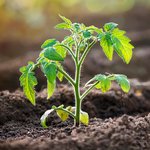
Herbosol® - The optimal additive for soil herbicides
Improved herbicide performance for fruit vegetables
Herbosol® is the ideal additive for soil herbicides in the cultivation of fruit vegetables. It improves the effectiveness and compatibility of herbicides, ensures better weed control and reduces the downward displacement of active ingredients. As a result, the plants are less stressed and produce higher yields.
Herbosol® minimises leaching after rainfall and increases stability in dry conditions. It reduces drift, ensures a uniform droplet spectrum and improves the adhesion of herbicides to the soil. This leads to optimised herbicide performance and faster plant regeneration.
Application recommendation: The concentration is 0.2 - 0.6 litres/ha, depending on the soil quality. For heavy soil with a high humus content 0.2 l/ha, for light soil with a low humus content 0.6 l/ha.
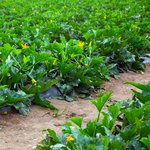
Promoting the growth of vegetable crops under stress
Effective stress management with amino acids
In weather-related stress situations such as cold, wet or dry conditions, the direct supply of amino acids can support the build-up of protein and carbohydrates in vegetable plants. This increases the metabolism and photosynthesis performance. The foliar fertiliser Aminosol® is recommended for this application.
Another stress factor for young vegetable plants is transplanting. Amino acids promote root formation and plant growth. Dipping the young plants in an Aminosol® solution or treating them after transplanting accelerates root growth and enables optimum growth. Stress can also be caused by plant protection measures such as foliar herbicides. All in all, the use of 2 - 3 litres/ha of Aminosol® has proven effective in these situations.
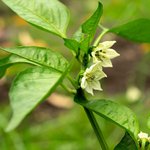
Blossom end rot due to calcium deficiency in fruiting vegetables
How can calcium deficiency be effectively prevented?
The so-called nutrient antagonism can lead to a deficiency of a certain nutrient, even if its content in the soil is in the optimum range. High levels of nitrogen and potassium in the fruit often block the absorption of calcium, which leads to a pronounced calcium deficiency. This results in reduced fruit firmness, blossom end rot, burnt leaf tips and curled leaves.
The use of Lebosol®-Calcium-Forte SC enables a leaf-friendly and effective supply of calcium without the risk of leaf burns, which can be caused by saline calcium formulations. An application of 2 - 3 times 4 - 5 litres/ha is recommended from the time of longitudinal growth. This treatment improves the quality of the fruit, prevents blossom end rot and increases storage stability.

Flowering, fruit set, yield stabilisation
How do boron and zinc improve fruit set?
Elements such as boron and zinc play an important role in improving the fruit set of vegetables. Lebosol®-Robustus SC (boron + calcium) and Lebosol®-Zinc 700 SC can be applied before flowering. This combination strengthens the flower quality, improves the yield and increases the general quality of the fruit. An application of 2 - 3 times 2 litres/ha Lebosol®-Robustus SC and 1 litre/ha Lebosol®-Zinc 700 SC has proved successful.
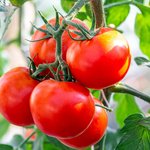
Good potassium supply as preparation for shelf life and storage stability
Effective potassium fertilisation for better fruit quality
Liquid potassium fertilisation via the leaf with Lebosol®-Potassium 450 is recommended to quickly remedy potassium deficiency. A good supply of potassium increases stability in storage, which leads to a longer shelf life. Potassium also improves the colouring of tomatoes and peppers. To increase shelf life, quality and vigour, an application of 2 - 4 times 5 - 10 l/ha is recommended. This treatment can be carried out as soon as sufficient leaf mass has developed.
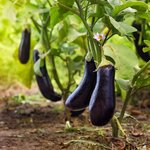
An extra for better stability
Lebosol®-Silicon with effective formulation
Silicon, although not categorised as an essential nutrient, supports many processes in plants. It regulates the water balance, strengthens stress tolerance and improves the storage and transportability of fruit. Although silicon is present in the soil as a silicate, it cannot always be sufficiently absorbed through the roots. As a foliar fertiliser, silicon must be present in the form of orthosilicic acid, as in Lebosol®-Silicon, as only this form is absorbed without restriction via the leaves.
Silicon not only has beneficial properties itself, but also promotes the absorption of other essential nutrients such as potassium, calcium and phosphorus. It supports the plants in regulating the water balance and promotes root formation. For optimum effect, an application of 1 - 3 times 0.5 - 1 litre/ha Lebosol®-Silicon in fruiting vegetables is recommended.



